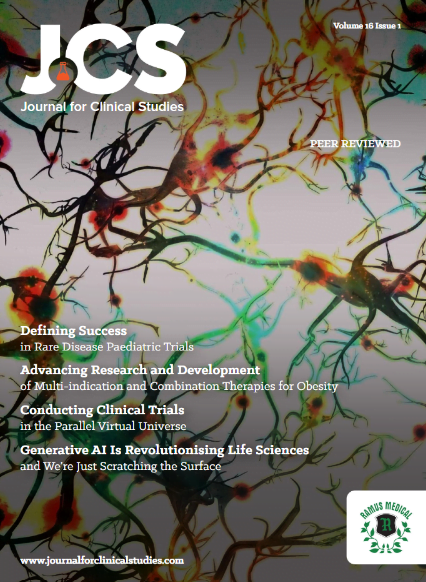After fessing up in August 2020 to conspiracy to commit mail and wire fraud against an unnamed pharmaceutical manufacturer, pharmacy operator Arkadiy Khaimov is headed to prison.
Friday, U.S. District Judge Joan Azrack sentenced Khaimov to 51 months in prison for defrauding an unnamed pharmaceutical manufacturer of roughly $7.2 million. Khaimov’s scheme revolved around the submission of bogus claims under the manufacturer’s co-pay coupon program, the U.S. Department of Justice said in a release.
Separately, Khaimov was previously named in Gilead’s counterfeiting case. In that suit, Gilead said Arkadiy and his brother, Peter, are under indictment for running a “multi-million-dollar pharmaceutical fraud scheme.” It’s not immediately clear if the indictment behind Friday’s sentencing is part of Gilead’s case.
Aside from the prison time that Khaimov has been sentenced to in relation to the unnamed pharma, the Queens, New York man must also fork over some $489,000 in proceeds from the fraudulent scheme. He’s also been ordered to pay restitution of $7.2 million—the total value of the fraudulent claims he submitted.
“Khaimov selfishly stole from a program that was intended to reduce the cost of a medication to uninsured individuals and those in need of financial assistance, who was suffering from a serious and potentially life-threatening disease,” Breon Peace, U.S. attorney for the Eastern District of New York, said in a statement.
In the indictment, the company Khaimov schemed is simply referred to as “John Doe Company 1.” The company established its co-pay coupon program to reimburse pharmacies for dispensing a prescription medication hailed as a “priceless breakthrough” and potential “cure” for a serious and possibly deadly disease, DOJ said in its release.
From February 2017 through July 2018, Khaimov and his co-conspirators used computers at pharmacies they operated in Manhattan and Queens to submit claims for roughly $7.2 million in reimbursement. These claims were submitted under the company’s co-pay coupon program, and the pharmacies never actually dispensed the medications in question.
In certain instances, Khaimov and his cronies fraudulently used the credentials of a Nassau County-based doctor to submit the false claims.
In the Gilead lawsuit, on the other hand, the Khaimov brothers are accused of bribing the “nominal owners” of several pharmacies—including one owned in name by fellow defendant Ishbay Shukurov—to use those businesses to fill fake prescriptions for pricey cancer meds. The brothers sometimes referred to as the “Khaim” brothers, then “pushed those fake prescriptions through for insurance reimbursement by using emergency override procedures established for the COVID-19 pandemic.”
Beyond oncology, Gilead recently closed the books on another multimillion-dollar HIV PrEP fraud case. Earlier this month, Gilead settled with the “kingpin” defendants in that case, who were accused of gaming Gilead’s access program for HIV medications. Specifically, Gilead said the head honcho defendants recruited people on the street to sign up for preexposure medication for HIV, then pocketed reimbursement payments.
Gilead said the scheme generated more than $68 million in losses in less than two years.















